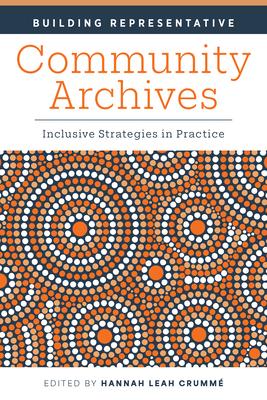Libraries and archives are grappling with the problems created by collection practices of the past, many of which document those in power while bypassing alternate perspectives and stories. This volume examines continuing efforts in archives across the U.S. to build inclusive records that better represent the disparate histories of this country. It details varying approaches to uplifting community and activist archives that are working to preserve parallel histories, outlining a way forward that will help special collections librarians as they design projects in the future. Readers will discover
- the importance and value of records that preserve complicated, nuanced, and diverse histories;
- differences between community-created archives, community-centered archives, and archives that simply document various communities, made with little or no consultation of those whose histories are witnessed in the records;
- background on institutions' recent collecting efforts, with case studies that illustrate innovative approaches, new techniques, errors and pitfalls, and the resilience and patience necessary to build collections;
- first-hand accounts by archivists in community organizations who are working within networks of trust to preserve and tell stories;
- how archivists are reassessing and reprocessing collections to bring the many and various stories they witness to the fore by employing changes in description detail or terminology;
- guidance on conducting, transcribing, and making accessible oral histories; and
- considerations of how to best use available resources, including equipment, time, people, and funding.
